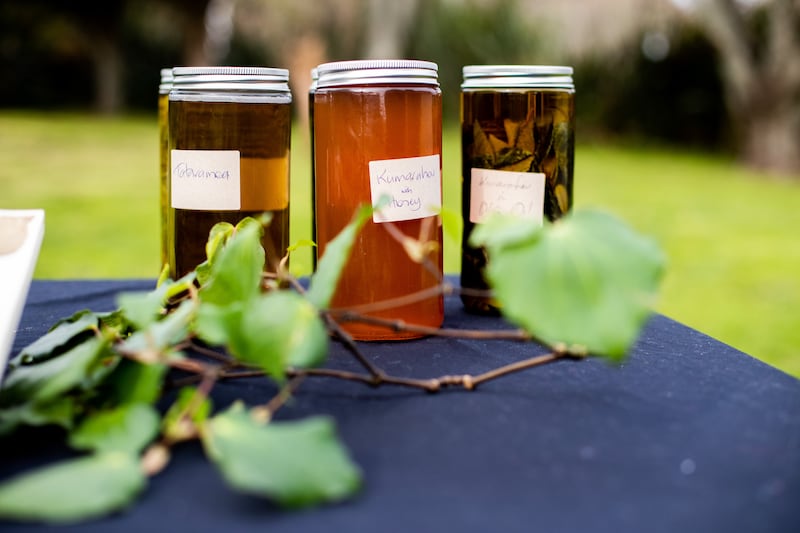The New Zealand Nurses Organisation (NZNO) is urging the government to provide greater support to retain Māori nurses in Māori and iwi health providers.
According to NZNO, nurses working in Māori and iwi providers can earn up to 25 percent less than their Te Whatu Ora counterparts, despite Māori nurses making up 7.4 percent of the nursing workforce.
NZNO president Kerri Nuku said the pressures are taking a toll.
“So, some of the things we’re seeing on the ground are nurses that are fatigued, they’re burnt out, some of them are living in cars because they can’t afford accommodation, some of them are living hard.
“We see nurses that are working but living in poverty.”
More government support
Retention issues have become an ongoing challenge for Māori and iwi health providers, driven by lower pay rates and what NZNO describes as “inadequate support” from the government.
Currently, there are 5,824 Māori nurses in Aotearoa, but only 841 have been identified as working in Māori and iwi providers.
A recent NZNO report projected the Māori population will grow by 23 per cent between 2023 and 2034. To meet that demand, Māori health providers will need to expand their nursing workforce from 551 full-time equivalent (FTE) roles in 2023 to 679 in 2034.

Nuku said the combination of pay disparity and limited opportunities has seen many nurses move to Te Whatu Ora roles or overseas.
“So, we’re seeing many nurses shifting across, but, unfortunately, we’re seeing a lot of nurses that look to Australia as a better option, especially when you see that a lot of the new grads, less than half of them are getting employment, why would you stay when you’ve just spent nearly $40,000 on training?”
Te wāhi tō ngā nēhi Māori
E ai ki Te Manatū Hauora, e 320 ngā ratonga hauora Māori puta noa i Aotearoa, ka mutu, ko te nuinga o ēnei ratonga hauora Māori, kei ngā rohe pakupaku.
Ka mutu, hei tā Nuku, e tuku ana aua ratonga hauora Māori, i ngā momo āwhina e kore e whāia e ratonga kē atu, pērā i ngā rauemi rongoā, te whare tapawhā, me ērā atu o ngā momo āwhinatanga.

Hei tā Nuku, he wāhi nui tō ngā nēhi Māori, me ngā ratonga hauora Māori.
“We’ve got Māori communities, right? We should have alternative ways to support the tino rangatiratanga of Māori. So, we should be having and seeing Māori and Iwi providers, services that offer tikanga Māori, mātauranga services, all around the country. This is the government’s obligation to tangata whenua, Māori, to stand up Māori organisations and fund them equitably.”



